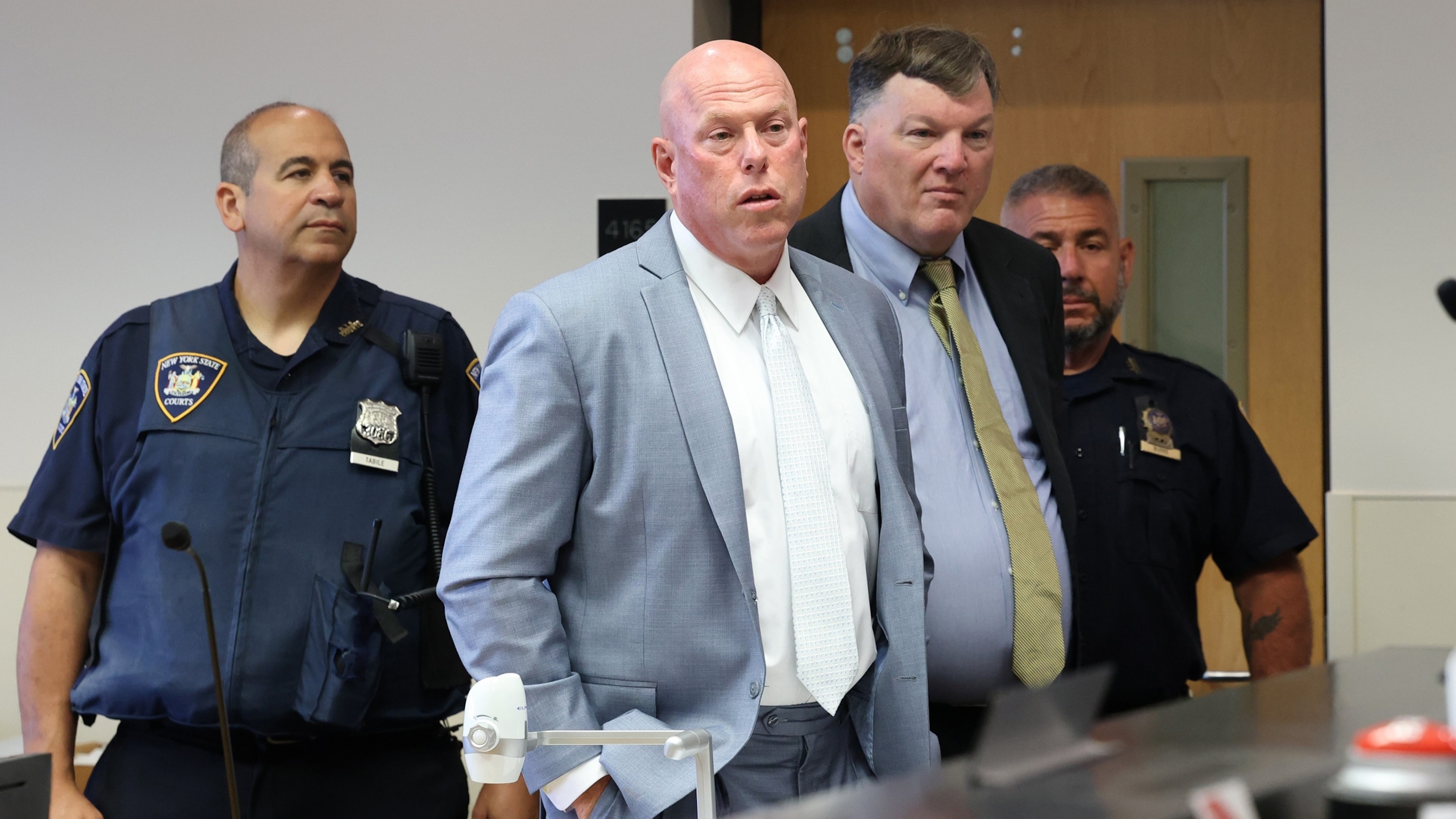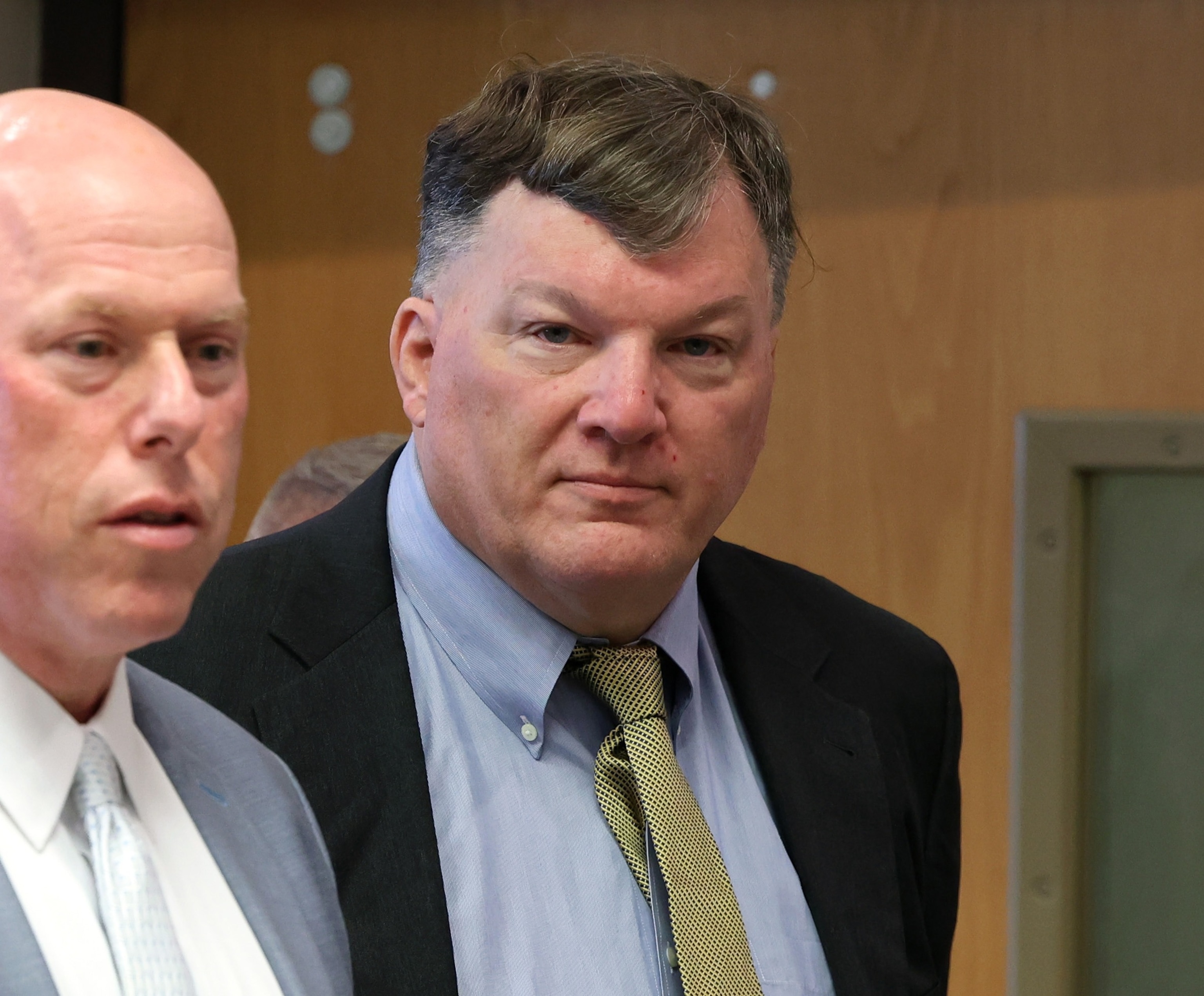A New York judge admitted DNA evidence on Wednesday that Suffolk County prosecutors say Links alleged that Gilgo Beach Rex Heuermann serial killer Heuermann six of the seven women who are accused of killing.
The defense had challenged the evidence since it was obtained using a new DNA technology, known as full genome sequencing, which had never been used in a New York court.
Prosecutors successfully argued that technology was derived from the accepted scientific methods. Before a series of appearances in court during the summer, prosecutors argued that the defense motion to dismiss the evidence should be denied because the technique is “generally accepted in the scientific community” and is based on technology “on which it is based on a wide variety of scientific and forensic environments.”

Rex Heuermann, accused of killing seven women in the period of decades in Long Island, appears in the Court in Nassau County, on September 3, 2025.
James Carbone/Newsday, Pool
Heuermann, who was arrested in July 2023, declared himself innocent of the murders of seven women whose remains were found discarded in Long Island between 1993 and 2011.
His lawyers had urged the judge to prevent evidence related to DNA’s results from the hairs recovered from six victims: Maureen Brainard Barnes, Megan Waterman, Amber Costello, Sandra Costilla, Jessica Taylor and Valerie Mack.
Judge Timothy Mazzei ruled on Wednesday that the results of the nuclear DNA obtained from hair without roots recovered from the six victims are admissible in the trial.
Mazzei said that the use of complete genome sequencing to extract DNA from the hair, create a profile and then compare that profile with Heuermann “is generally accepted in the relevant scientific community.”
The judge said that the decision on testimony of experts, articles reviewed by peers and the use of technology in other states, including California and Idaho.
“We won. The evidence is admissible,” said Suffolk district prosecutor Ray Tierney. “At full speed for the trial.”

Rex Heuermann, accused of killing seven women in the period of decades in Long Island, appears in the Court in Nassau County, on September 3, 2025.
James Carbone/Newsday, Pool
The decision marks the first time that the techniques are allowed as evidence in a New York court and the district prosecutor said it could allow more cold cases to advance for prosecution.
“Obviously, this is another tool in our toolbox,” said Tierney.
Prosecutors have alleged that DNA links the hairs of six of the seven victims of Gilgo Beach to Heuermann, his wife and daughter. “Obviously, that is a key factor in this case,” said Tierney.
The defense is still waiting for a decision about its motion to divide the case into multiple essays. Mazzei said he would govern that at the end of this month at the next hearing scheduled on September 23.
This is a development story. Consult the updates again.






